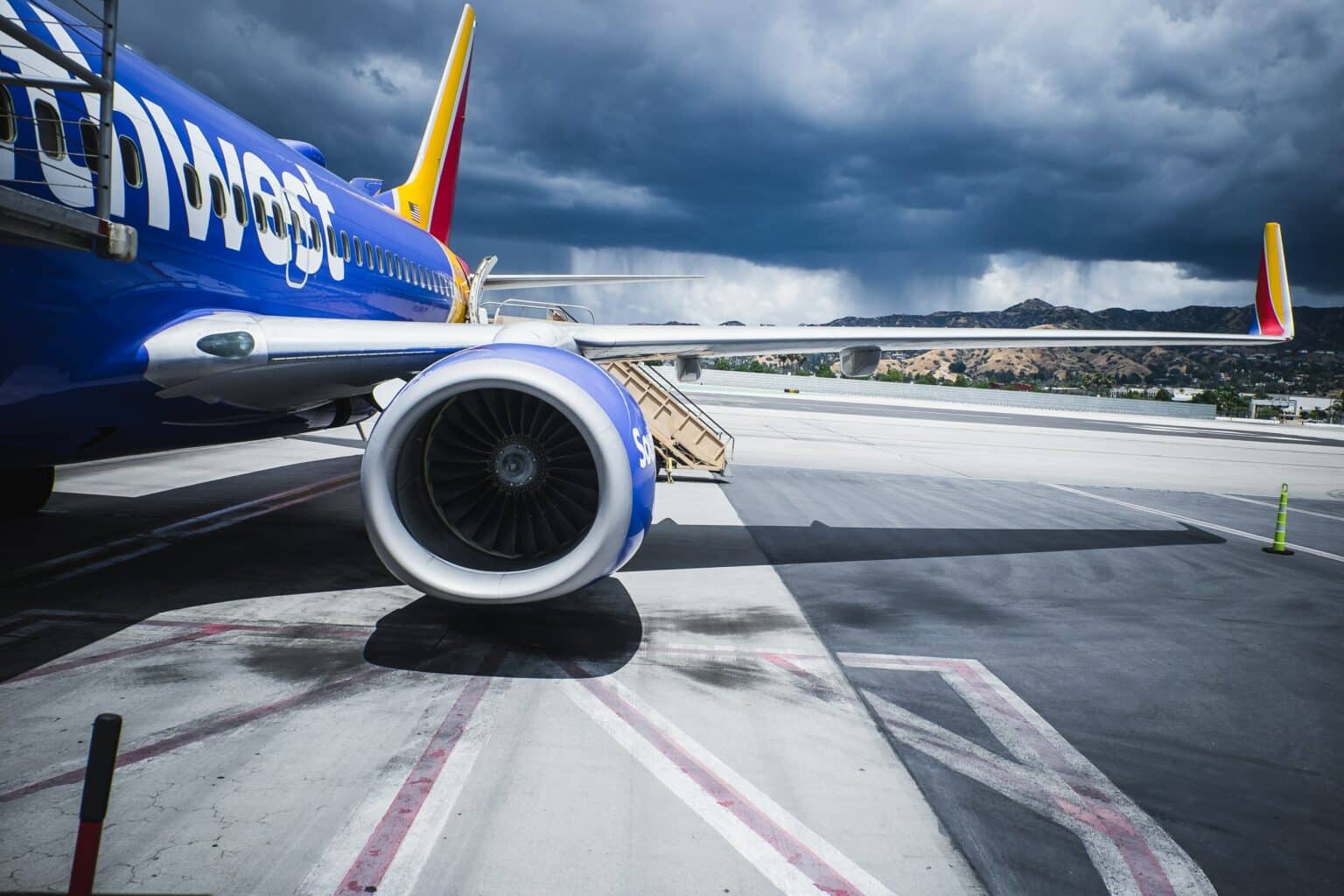Southwest Airlines Chief Operating Officer Andrew Watterson was among the officials who testified before the Senate Commerce Committee Thursday, over the December meltdown that left scores of flights grounded during the holidays.
A massive winter storm that had swept across a large swath of the U.S. just as Americans were traveling for the holidays around the last week of December caused a breakdown in Southwest’s systems.
However, while the other major air carriers suffered cancelation rates of zero to 2%, Southwest suffered thousands of flight cancellations per day over an 11-day-period. Nearly 17,000 Southwest planes were grounded, crews were scattered, hundreds of thousands of passengers were left in limbo and scores of luggage sat abandoned at baggage claims throughout the U.S.
Amid the chaos, Southwest spokesman Jay McVay said the cancellations accumulated as storm systems moved across the country, leaving crews and planes out of place. “So we’ve been chasing our tails, trying to catch up and get back to normal safely,” he said the Tuesday after Christmas. Southwest did not resume normal services until that Friday, December 30.
“Let me be clear: we messed up,” Watterson testified on Thursday. “In hindsight, we did not have enough winter operational resilience.”
Commerce Chair Sen. Maria Cantwell (D-WA) had called for the committee hearing back on January 5. In opening statements, committee members said they hoped the hearing would help prevent similar issues in the future. They further urged funding upgrades to the national aviation system when the Federal Aviation Administration comes up for reauthorization later this year.
Watterson testified that Southwest is pursuing additional technology improvements to make its systems more modernized and reliable. “The overall flight scheduling system, we’re looking to upgrade and replace that,” he said, adding that upgrades were set to take place this Friday.
Others who testified before the Senate panel in addition to Watterson included Southwest Airlines Pilots Association President Captain Casey Murray, senior official with Airlines for America Sharon Pinkerton, and Paul Hudson of the passenger advocacy organization Flyers’ Rights.
Capt. Murray said that he and other Southwest pilots saw the meltdown coming “for more than a decade” but that company leaders ignored their warnings.
On January 19, the Southwest pilots’ union called for what could be their first-ever strike, saying they’re motivated by failed contract negotiations as well as the scheduling system issues that led to the meltdown. A vote on the strike would take place beginning in May so that passengers have time now to book flights with other airlines for spring and summer travel.
The Department of Transportation has also been investigating the Southwest meltdown.
The widespread system failure cost Southwest Airlines as much as $825 million in lost revenue and added expenses, the company said in a government filing last month.


